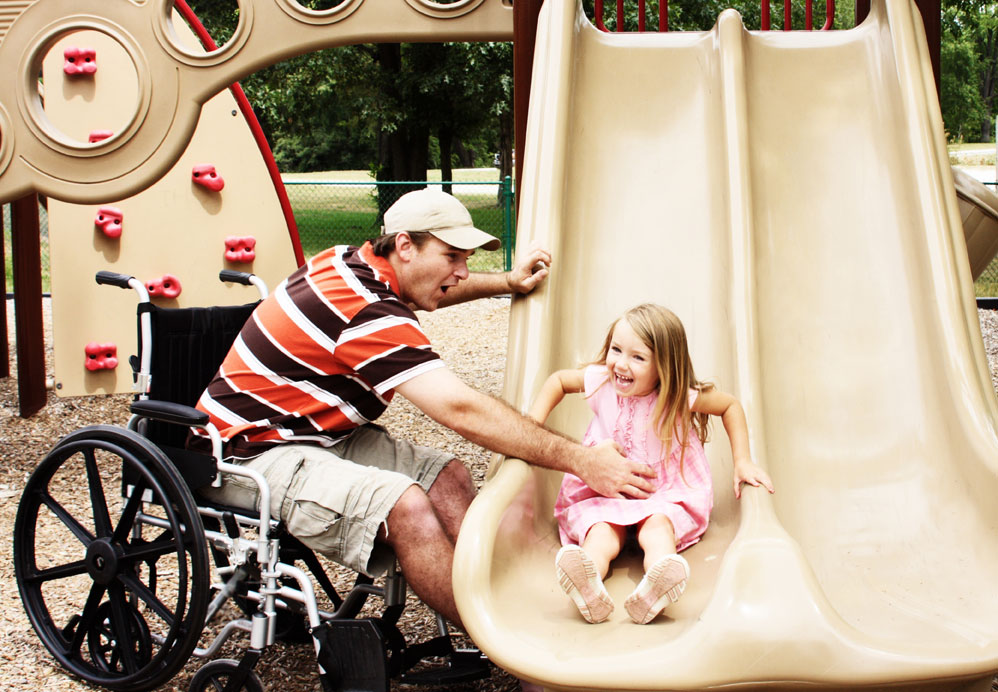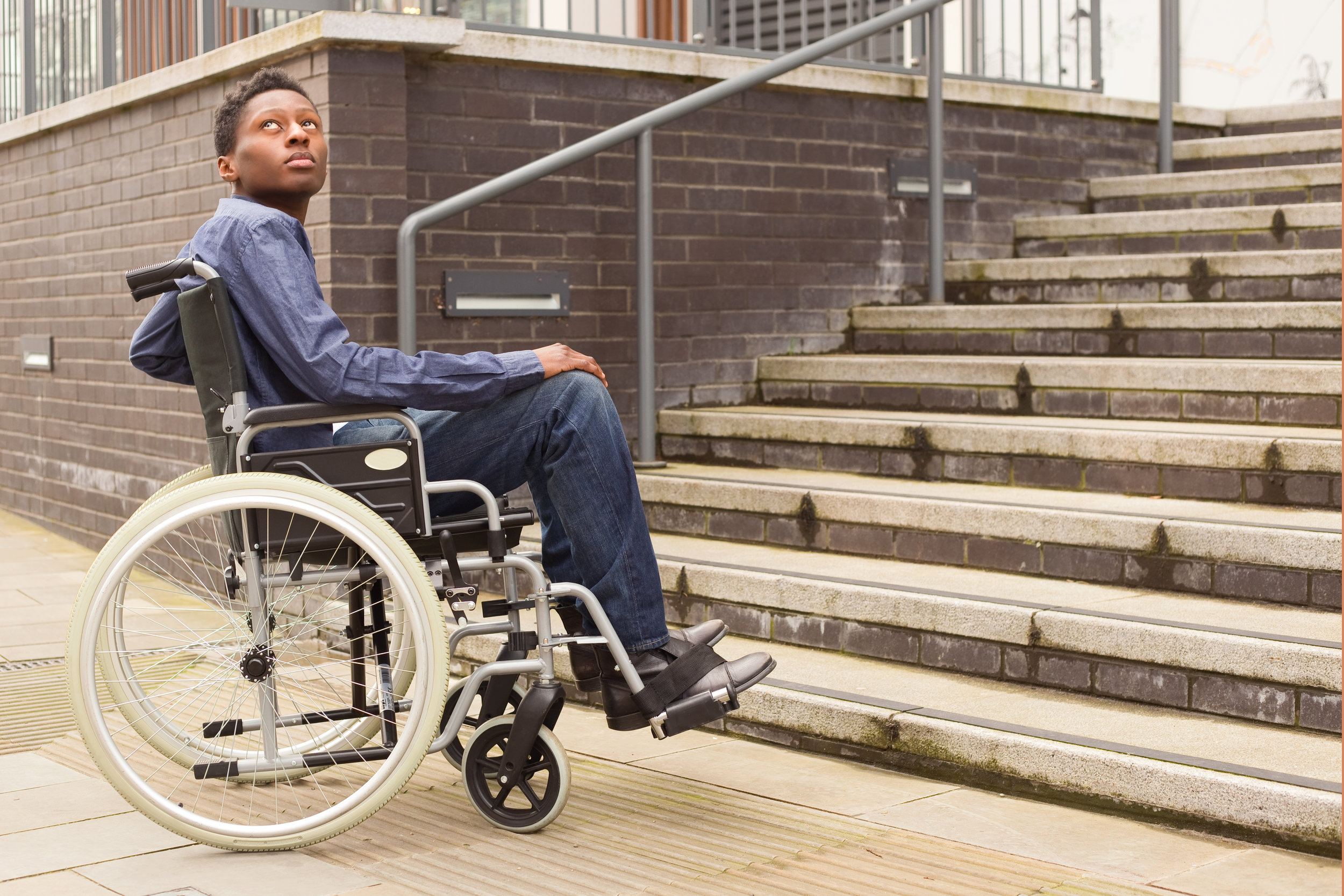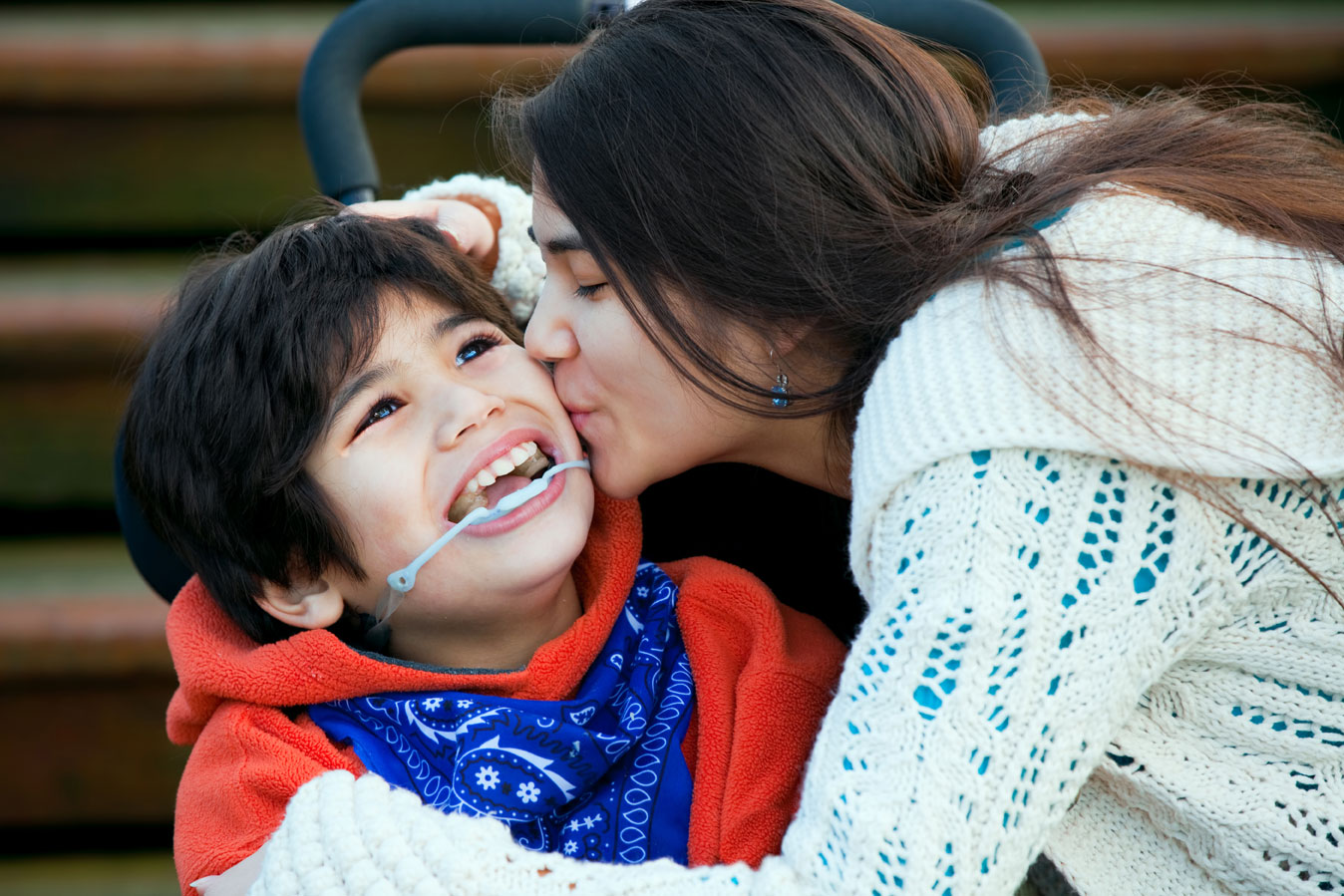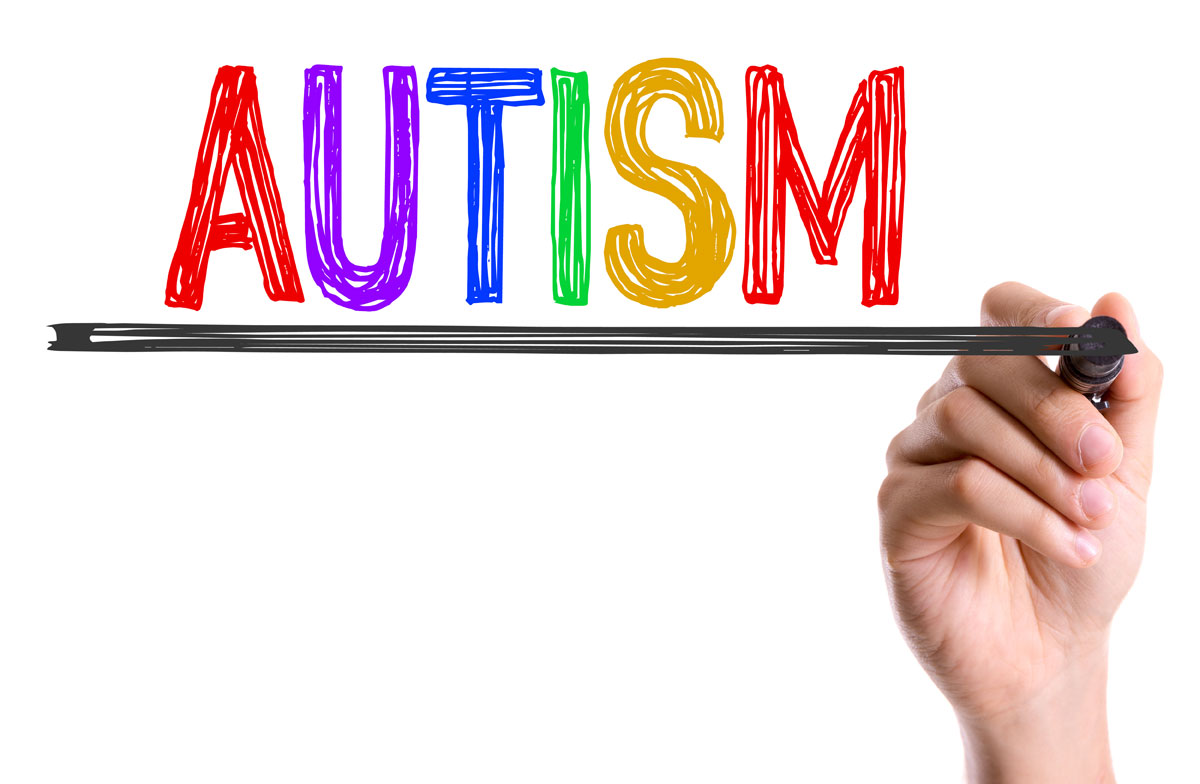What can you do?
- If you are undecided, read through this site for credible information showing why we need to elect Hillary Clinton and work afterwards to help her do what she is promising, and if necessary, push her to do so.
- Share this information as widely as possible: DisabilityAdvocates2016.com
- Volunteer or contribute money if you can.
- REGISTER and VOTE!
- Outreach, volunteer work, and donations are especially important in states with key Senate races. My priority order, based on relative merits of candidates and the closeness of Senate and presidential races, is: North Carolina, Nevada, New Hampshire, Pennsylvania, Florida, Missouri, Indiana. The list of battleground presidential states is expanding and now includes Arizona, Missouri, Georgia, Texas, Utah and others, as well as the traditional battleground states of Colorado, Florida, Iowa, Michigan, Nevada, New Hampshire, North Carolina, Ohio, Pennsylvania, Virginia, and Wisconsin.
Why bother?
Can we relax? Can we watch this on TV? Can we wake up after this election is over?
Trump appears likely to lose, though we have had a couple of October surprises already and cannot count on that happening. If Trump loses, we will have dodged the bullet of electing a president who mockingly “imitates” people with disabilities and goes on and on about “genes,” being “smart,” and “genius.”
But whatever happens on November 8th, 2016, this election matters and so does disability organizing around it.
- Typical Republicans talk a better game than Trump, but also have alarming approaches to education, health care and other issues of particular concern for people with disabilities.
- Trump’s supporters aren’t going away, and there are a lot of them. If Republicans manage to block Clinton from accomplishing much, that will pave the way for candidates with similar appeals. For Clinton to be a unifying, effective president, we need a Democratic Senate and as many seats as possible in the House so that she can get things done.
- The backlash against “government” and groups that are perceived as “other,” as scary, and as “takers” very much includes people with disabilities. Not only are many people with disabilities also members of other groups that are under attack, but even those who aren’t depend politically on alliances in support of government policies that help people and government systems that have the leadership, vision, funding, and accountability it takes to make them work.
- We need a Senate that will confirm Supreme Court justices and court of appeals judges who recognize the importance of statutes protecting people with disabilities and won’t narrow their application or frustrate their purposes.
- We need a Senate that will confirm district court judges that will do justice for people with disabilities in individual cases.
- We need to be perceived as one of the groups important to defeating Trump which requires continuing attention after the election, hopefully in both parties.
- We need to be a powerful presence in both parties, not a group that can be bought off cheaply with symbols. Most people with disabilities and family members stay in the same party as their families of origin (like most other people). Candidates rarely bother to try to change that. We need to become voters who “swing,” evaluating our interests and supporting candidates who support us.
disability Advocates
Information about where candidates for the 2016 Presidential, Congressional, and state elections stand on disability issues is available but scattered and difficult to find. Disability organizations have pressed candidates to reveal their views and collected information about their records, but are generally non- or bipartisan as a result of strategy, conviction, internal differences of opinion, reliance on government funding, and/or maintaining nonprofit status for tax reasons. This site brings together critical disability-related information about Hillary Clinton, Donald Trump and their parties and provides a forum for people who have been working on disability issues to explain their strong opposition to Donald Trump and their support for Hillary Clinton (which ranges from guarded to enthusiastic).
Who are we?
We are people who have disabilities, friends and relatives, and professionals who work with people with disabilities. We are individuals who have arrived at supporting Hillary Clinton and opposing Donald Trump from very different starting points, but we agree that the 2016 election is one that people with disabilities and those who care about them cannot sit out, and that Donald Trump cannot be allowed to become President of the United States. Bipartisan support for people with disabilities is a precious tradition, and continues to occur sometimes, for example with autism insurance reform in some states. Trump’s insults to people with disabilities have been the most striking departure from that tradition, but even typical Republicans such as vice-presidential nominee Mike Pence, House Speaker Paul Ryan and Senate Majority Leader Mitch McConnell have alarming positions. So do the vast majority of Republican candidates for national, state and local offices. They do not insult people with disabilities, but neither do they support their rights or interests. If Trump is elected, they will work with him to pursue disastrous policies. If Clinton is elected and Republicans continue to control the House and Senate, there is no reason to expect them to work any better with her than they have with President Obama. Continued stalemate would be far better than an all-out Republican victory, but it would be bad. It would accentuate the divisions in our country and the appeal of candidates like Trump.
In sum, it is critical this year to elect Democrats to the Senate and House who will support, not block, the Democratic Party’s platform on disability issues. We need not only to elect Hillary, but to create an environment in which she can fulfill her promises, and we can hold her accountable for doing so. At stake are rights across a wide range of areas — education, workplace rights, health care, and income supports for those who cannot fully support themselves.












